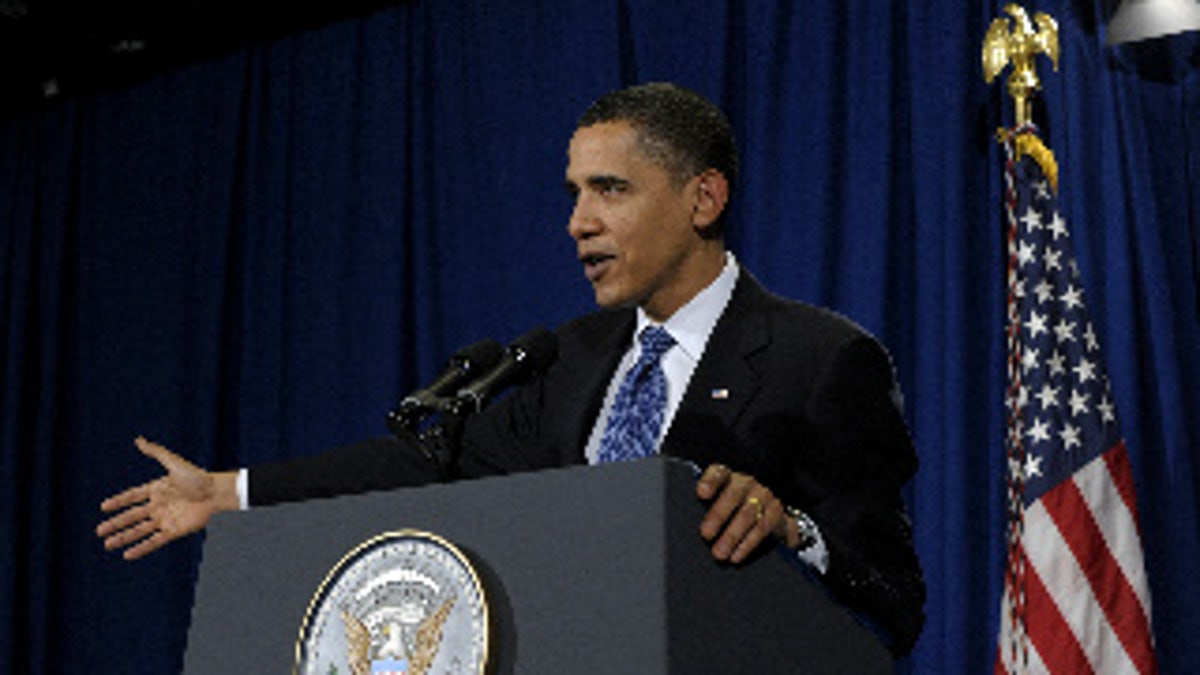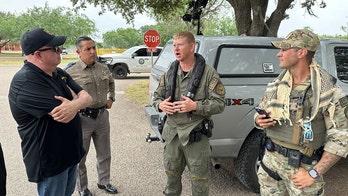
President Obama holds a press conference in Copenhagen (AP Photo)
President Barack Obama called it a "meaningful" beginning to a new global consensus toward limiting green house gas emissions, but acknowledged climate change talks failed to produce a "legally binding" pact and doing so any time soon would be "very hard."
"It's going to be very hard and it's going to take some time," Obama said during a press conference here before he boarded Air Force One for the return flight to Washington - a journey precipitated by a massive D.C. snowstorm that required Obama to leave here before the loose accord is approved. "This is hard within countries. This is going to be even harder between countries."
The agreement reached is not a treaty and has no internal or external enforcement mechanism. Each nation pledged to meet future pollution reduction targets and Obama said an international process he compared to the World Trade Organization will monitor compliance. Through satellite and other forms of monitoring, Obama said, nations will be able to judge each other's follow-through.
Significantly, the nations here dropped a commitment previously held to pursue a legally binding pact in 2010.
And the deal adds no more than already pledged - $30 billion over three years starting in 2010 - to aid developing nations reduce pollution while still growing their economies
The deal, due to be approved by the 193 participating nations here, seeks to reduce green house gas emissions sufficiently to prevent global temperature increases of no more than 2 degrees centigrade by 2020.
Details remain fluid about how much and how rapidly developed and developing nations would seek to reduce their own carbon-based pollution. Individual nation commitments will be listed in an appendix to the climate agreement.
But the senior official confirmed a final text was being prepared for final review. A core group of top economic nations - including the US, European nations and others unknown - are due to vote informally on the text before presenting it to the full plenary session of 193 represented nations gathered here for the most intensive global pollution talks in history.
The absence of a 2010 treaty deadline will likely be interpreted as a sign that many countries here fear they cannot muster the political will to translate pollution cut pledges into concrete action.
Much remains uncertain about how credible the pollution reductions will be and how rapidly developing nations will "mobilize" aid to developing countries to speed up their pollution-cutting efforts.
Obama has departed Copenhagen en route home to Washington.




